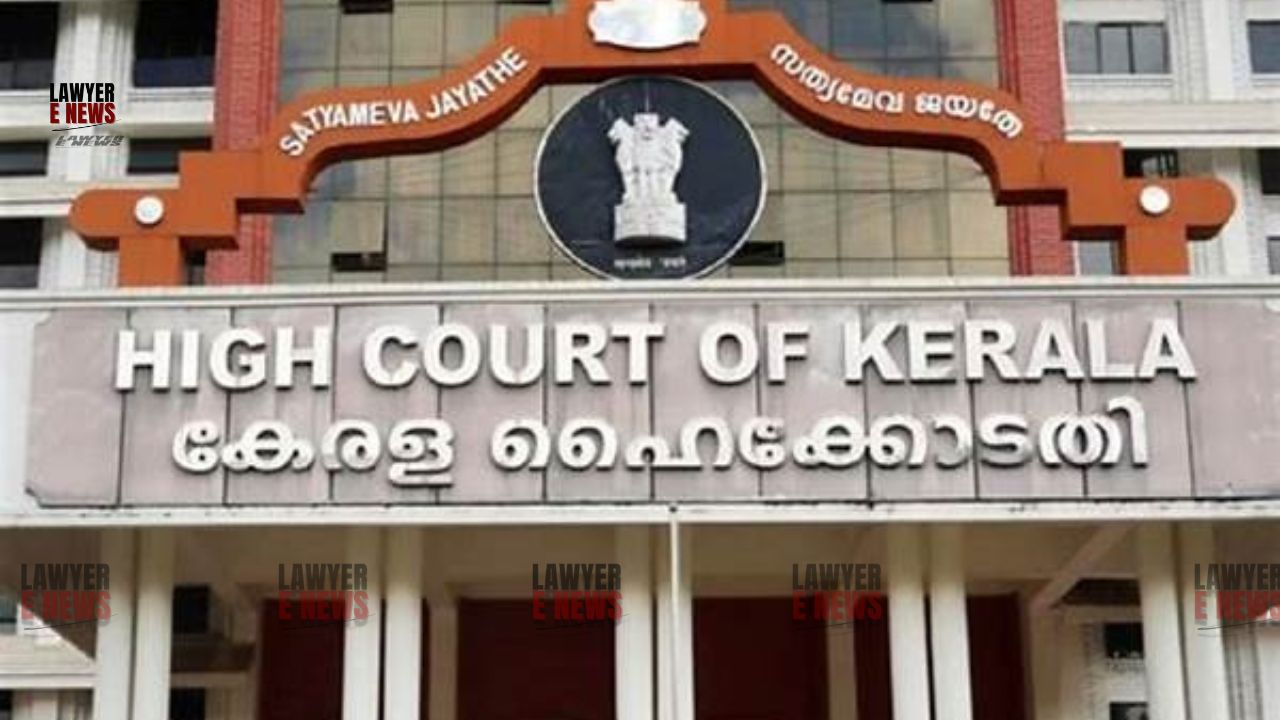-
by sayum
14 February 2026 2:22 PM



Kerala High Court examined whether charges of forgery and making false statements under the Indian Penal Code (IPC) and the Registration Act could be maintained against individuals accused of fabricating property documents. Justice A. Badharudeen allowed the quashing of charges under Sections 465 (forgery) and 468 (forgery for the purpose of cheating) of the IPC but upheld prosecution under Section 82 of the Registration Act, which penalizes false statements made before registration officials.
The petitioners, accused of creating forged property records that depicted public assets as private property, sought to quash charges under IPC Sections 465 and 468, as well as Section 82 of the Registration Act. The prosecution alleged that the petitioners executed multiple false documents to restrict public access to the assets in question. The defense argued that the alleged misconduct was a civil matter and did not meet the legal standards for criminal forgery or false statements under the Registration Act.
The Court drew from Supreme Court precedents in Devendra v. State of Uttar Pradesh (2009) and Mohammed Ibrahim v. State of Bihar (2009), emphasizing the distinction between civil and criminal wrongs, particularly in property disputes. Citing Section 464 of the IPC, Justice Badharudeen clarified that forgery requires the making of a “false document” with intent to deceive by representing the document as authorized by someone other than the maker.
The Court concluded that the petitioners’ actions, though potentially deceptive, did not constitute forgery as defined under IPC Section 464:
“When a person executes a document describing a public way and public well as his own property, that alone would not attract the offence of forgery... without evidence of impersonation or misrepresentation of authority, the requirements for forgery under Section 464 are not met.”
Consequently, charges under IPC Sections 465 and 468 were quashed.
Section 82 of the Registration Act penalizes intentional false statements made during document registration. The petitioners argued, citing the Karnataka High Court’s decision in Pushpavalli v. Sub Registrar (2022), that false statements in a conveyance deed did not constitute a “statement” under Section 82. The Court rejected this interpretation, referring to the Madras High Court’s 2023 ruling in Selvi v. Inspector General of Registration, which held that misrepresentations in registered documents could indeed be treated as false statements under the Registration Act.
“False recitals in a deed of conveyance, presented for registration, qualify as a statement under Section 82… Hence, the charge under Section 82 of the Registration Act is prima facie maintainable.”
The Kerala High Court partially allowed the quash petition, dismissing the IPC forgery charges while affirming the trial court’s jurisdiction to proceed with prosecution under Section 82 of the Registration Act. The Court directed the trial court to continue proceedings specifically on the Registration Act charge.
Date of Decision: November 8, 2024
